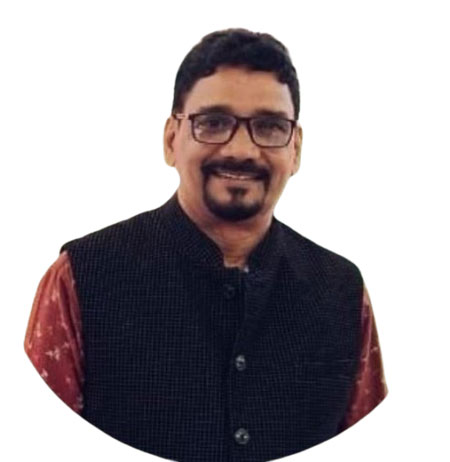Media Release
Bengaluru, Nov 18: The Federation of Konkani Catholic Associations (FKCA) has strongly condemned the recent statements made by Karnataka Rakshana Vedike president T A Narayana Gowda, citing they have "deeply hurt the sentiments of the Konkani-speaking community."
FKCA chairman Anthony Gonsalves and the entire committee has expressed serious concern over Gowda's interference in the internal matters of the Archdiocese of Bengaluru, particularly with regard to the language of liturgical services. The archdiocese has, for several years, been addressing language-related concerns in a spirit of harmony and cooperation among all the faithful, he said.

At a time when efforts are underway to strengthen unity, such external statements risk creating unnecessary controversy and disturbing the peace-loving people of Karnataka, who respect Kannada while cherishing their own native languages — Konkani, Tamil, Telugu, Malayalam, Tulu, Kodava, Byari, Lambani,Soliga, Kudmali / Kurubaand others, he expressed concern.
Prayers in the archdiocese are already conducted in multiple languages, giving highest prominence and importance to Kannada followed by English, Konkani, Tamil, Malayalam, Telugu and Hindi, reflecting the linguistic diversity of the faithful, Gonsalves said.
Gonsalves reiterated that Kannada is undoubtedly the principal language of Karnataka, and the Konkani community fully respects and supports it. At the same time, lacs of citizens in Karnataka speak other vernacular languages and the Constitution of India guarantees every linguistic community the right to preserve and promote their language, he added.
"The Government of Karnataka itself has consistently supported such efforts, including the establishment of the autonomous body Karnataka Konkani Sahitya Academy, which comes directly under the Department of Kannada and Culture - Govt of Karnataka, thereby showing the affiliations of Kannada and Konkani.
Religion has historically played a vital role in preserving languages, Culture and the survival and flourishing of Konkani in Karnataka, is a fine example of this.
Any demand that prayers be held only in one particular language, is not only unjustified but could also set a harmful precedent and may lead to unrest within the places of worship," expressed Gonslaves.
"We wholeheartedly support Kannada," Gonsalves stated, "but the language of our liturgical prayers will be decided by the community of faithful, not by external individuals or organizations as they are totally unconnected to the liturgical services.
"The FKCA further stresses that no language should be imposed on any community, especially in the realm of religious worship. It is inappropriate and unacceptable for external entities to dictate how the archdiocese should conduct its spiritual and liturgical affairs.
Konkani is one of the 22 Scheduled Languages recognized under the eighth schedule of the Constitution of India. Any attempt to stop Konkani masses within the Archdiocese of Bengaluru would therefore amount to disregarding constitutional provisions and violating the linguistic rights of the Konkani Catholic community," he cautioned.
"FKCA stands united in safeguarding the cultural, linguistic and spiritual identity of the Konkani-speaking faithful of Karnataka. We appeal to all concerned to act with sensitivity and respect, ensuring that the harmony and diversity of our state remain intact," Gonsalves said.